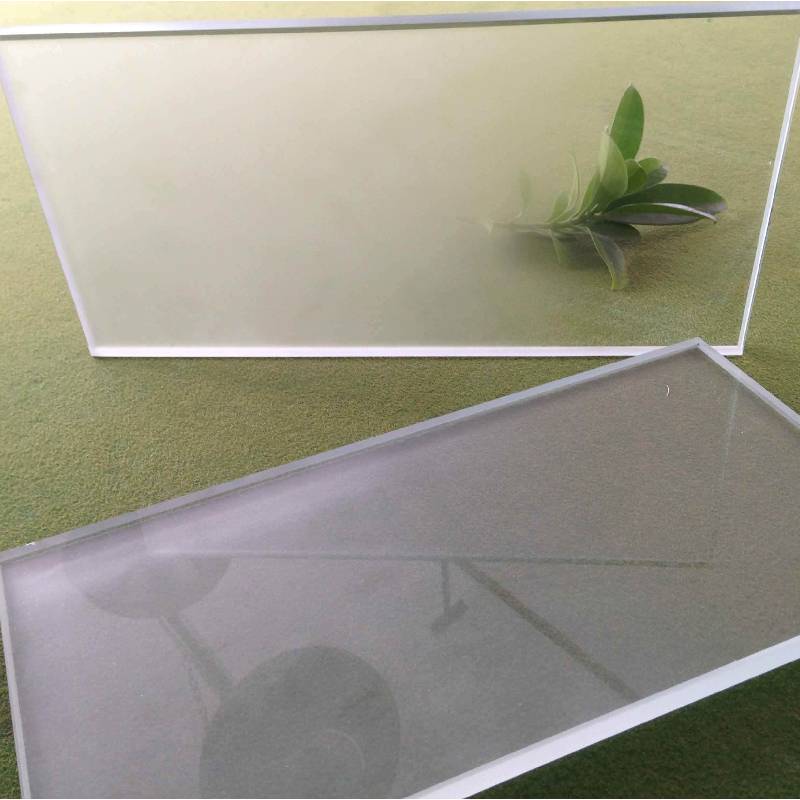

The Benefits and Innovations of Float Glass Windows
Float glass windows have revolutionized architecture and design since their inception in the mid-20th century. They offer numerous advantages over traditional glass manufacturing methods, making them a popular choice in both residential and commercial buildings. This article explores the benefits, characteristics, and innovations associated with float glass windows, as well as their impact on the environment and energy efficiency.
What is Float Glass?
Float glass is a type of flat glass that is produced through the float glass process, which involves floating molten glass on top of molten tin. This method allows for a uniform thickness and smooth surface, resulting in high-quality glass sheets. The float glass process was invented by Sir Alastair Pilkington in the 1950s and has since become the standard for flat glass production.
Advantages of Float Glass Windows
1. Clarity and Quality Float glass windows are known for their exceptional clarity and smoothness, offering an unobstructed view and optimal natural light transmission. This clarity is crucial for homes and offices that seek to create inviting, bright spaces.
2. Durability The manufacturing process of float glass imparts durability and strength to the final product. As a result, float glass windows are less prone to scratching and are more resistant to impact compared to traditional glass.
3. Versatility Float glass can be easily cut, shaped, and processed to create various window styles and configurations. This versatility makes it suitable for a broad range of architectural designs, from sleek modern buildings to classic styles.
4. Energy Efficiency With advancements in technology, float glass windows can now be treated to enhance their energy efficiency. Low-emissivity (Low-E) coatings reflect heat while allowing sunlight to enter, reducing heating and cooling costs for buildings. This is especially beneficial in regions with extreme temperatures.
5. Safety Options Float glass can be tempered or laminated to provide safety features, which are important for larger windows or areas prone to breakage. Tempered glass is five times stronger than untreated glass, making it a safer choice for high-traffic areas.

Innovations in Float Glass Windows
The glass industry has continuously innovated, and float glass windows are no exception. Recent advancements include
- Smart Glass Technology Smart float glass can change its transparency in response to light or heat, enhancing privacy and reducing glare. This technology is increasingly used in commercial buildings, providing energy savings and improved occupant comfort.
- Triple Glazing To enhance thermal performance, triple-glazed float glass windows have been developed. This construction involves three layers of glass, separated by insulating gas-filled spaces, vastly improving energy efficiency compared to double-glazed options.
- Solar Control Glass These specially designed float glass windows help control solar gain, reducing cooling costs in warm climates. By reflecting a portion of the sun's rays, solar control glass minimizes heat absorption while maintaining clarity.
Environmental Impact
The production of float glass windows has a notable environmental impact, especially in relation to energy consumption and raw material use. However, the glass industry continually seeks sustainable practices. Many manufacturers are now using recycled glass as a raw material, which significantly reduces energy use and greenhouse gas emissions.
Furthermore, float glass windows contribute to energy efficiency in buildings, which is vital for reducing carbon footprints. By allowing natural light to penetrate deep into spaces, they decrease the need for artificial lighting, thereby conserving energy.
Conclusion
Float glass windows epitomize the blend of aesthetics, functionality, and sustainability. Their advantages over traditional glass options, combined with ongoing innovations, make them an essential element in modern architecture. As the construction industry moves toward more environmentally friendly practices, float glass windows will continue to play a pivotal role in creating energy-efficient, beautiful, and durable buildings. This makes them not just a practical choice, but also a responsible one for future generations.